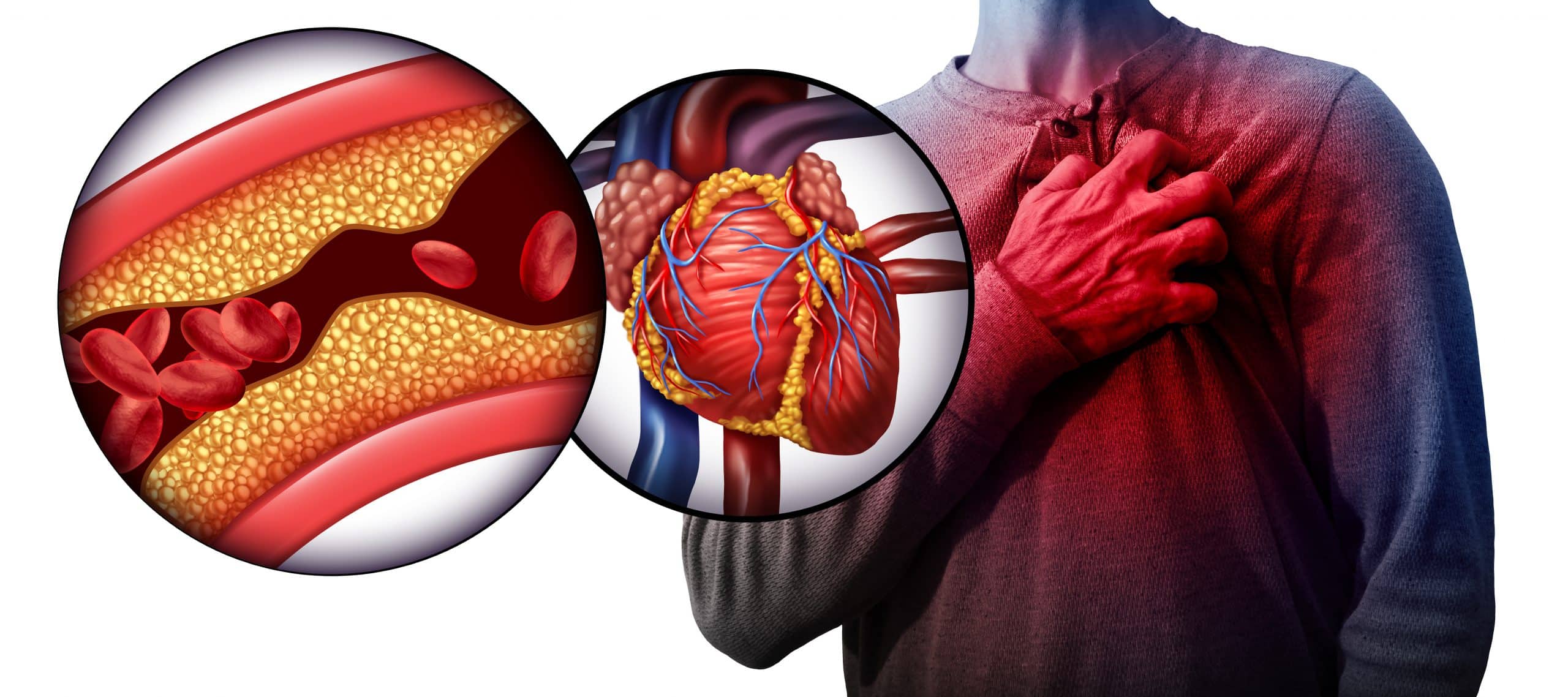10/16/2018
Diabetes Prevention Could Mean Heart Disease Prevention
November is National Diabetes Awareness Month, an opportunity to get a head start on raising awareness about the causes, effects and preventative measures related to diabetes. Many people don’t realize that there is a strong correlation between cardiovascular disease and diabetes. People with diabetes have an increased risk of heart disease and stroke. Type 2 diabetes is a preventable disease, and all diabetes is treatable. So why do those with diabetes pose greater risk for cardiovascular disease?
Where the Risk Lies
According to the American Heart Association, diabetes is considered one of seven greatest controllable risk factors for heart disease. For example, 68% of those with diabetes over the age of 65 eventually die from a form of heart disease or stroke. To reframe that statistic, adults with diabetes are four times more likely to die from heart disease than their counterparts. This is partially attributed to nature of diabetes: high blood glucose can damage the nerves that control your heart and blood vessels. This means that your risk of developing heart disease increases over time. This risk is greater in those with Type 2 diabetes. Heart disease is actually the number one cause of death for those with Type 2. So, if you have diabetes, how can you prevent heart disease and stay in the know?
Managing Diabetes to Prevent Heart Disease
So, what does managing your diabetes really mean? There are a few points you should know. The first is called the A1C test. This test gives you a more comprehensive idea of your blood level because it measures the average of the last 3 months. You A1C level has the potential to harm your heart if sustained at high levels. According to the National Institute of Diabetes, you should aim for lower than 7% on this test, although this may vary depending on the advice of your physician.

Another important aspect of managing diabetes to prevent heart disease is your blood pressure. As blood pressure rises, the amount of force pressed against your blood vessels increases. This forces your heart to work harder, causing strain. This can increase your risk of heart attack and stroke if you already have diabetes. For those with diabetes, a decent blood pressure goal is 140/90 mm Hg, although this varies by individual. If you have diabetes, ask your cardiologist what your blood pressure goal should be.
In addition to a healthy diet and smoking cessation, your doctor may prescribe certain medications to protect your heart if you have diabetes. You’ve probably heard that daily aspirin can be used to prevent heart attacks. This is because prevents platelets from clumping and causing blood clots in the arteries that feed your heart blood. If you’ve already had a heart attack or stroke before or you’re at high risk, your doctor may recommend taking daily aspirin as a preventative measure. However, this will depend on your age—aspirin therapy is usually only recommended for those between 50 and 60.
Don’t Skip the Doctor’s Visit
To learn more about diabetes and your risk of heart disease, make an appointment with a cardiologist near you. Keeping informed and making regular visits to your physician is a vital aspect of prevention. To learn more about reducing your risk of heart attack, stroke and cardiovascular disease visit https://cvgcares.com to make an appointment today.



